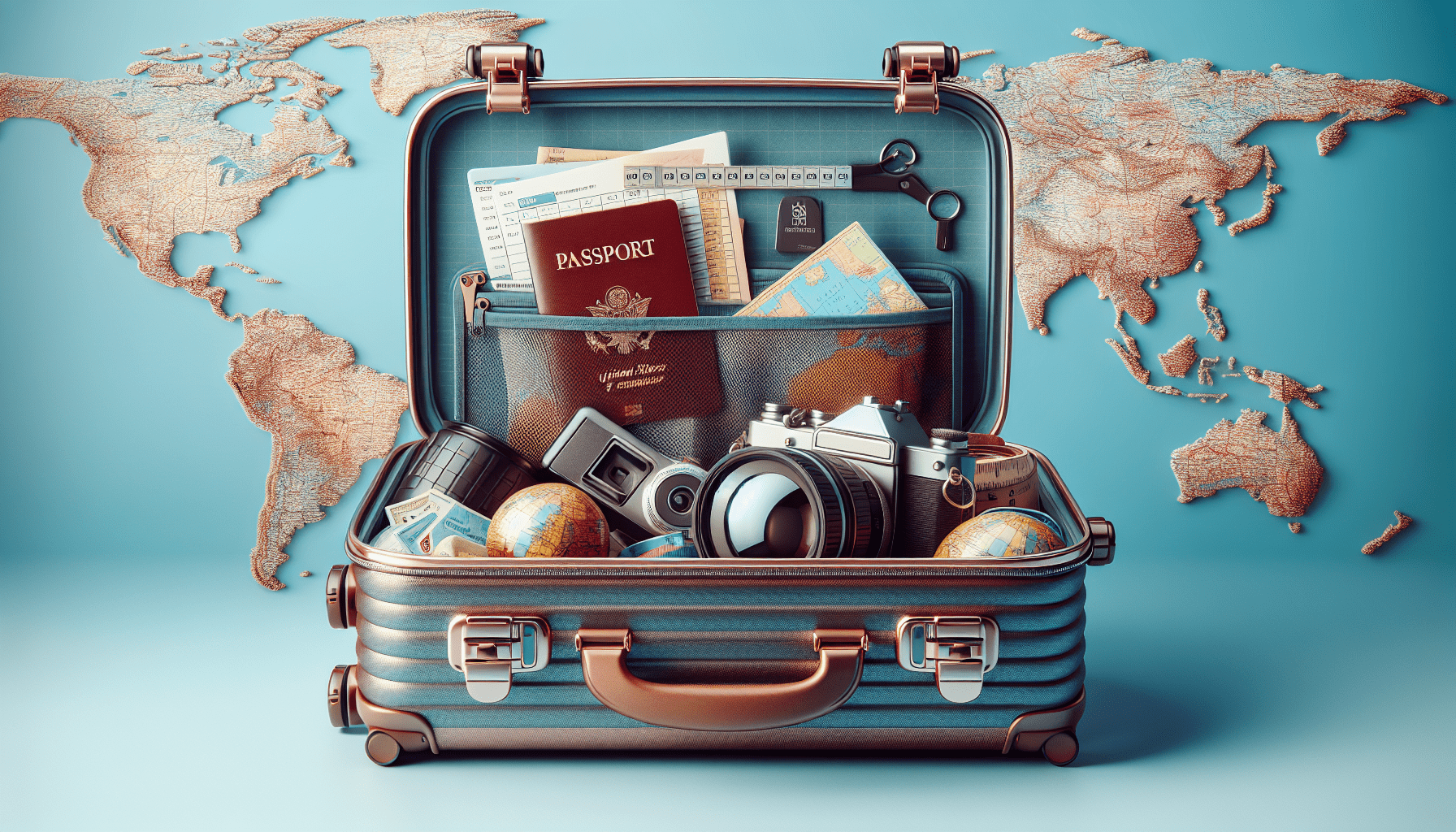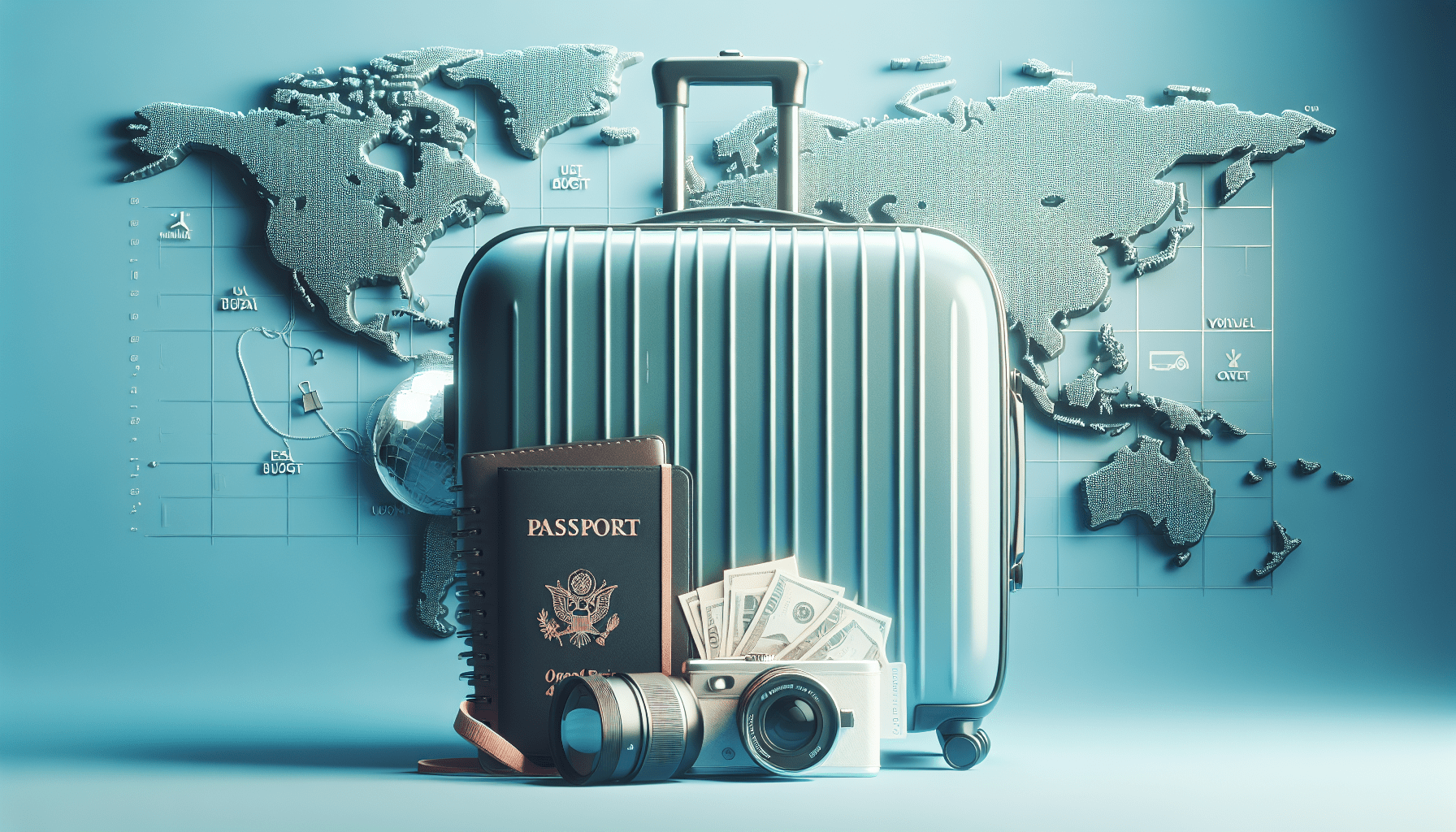

This image is property of pixabay.com.
Budget-friendly travel refers to planning and executing travel experiences that fit within a specific budget. This involves researching and utilizing various strategies to minimize costs without compromising on the quality of the experience.
House swapping allows you to exchange homes with someone in your desired travel destination. This can significantly reduce accommodation costs while offering a more authentic, local experience.
Couch surfing is a network that connects travelers with hosts who offer free accommodations. It’s an excellent way to meet locals and immerse yourself in the culture.
Volunteer travel involves working on community projects in exchange for food and lodging. It’s a mutually beneficial arrangement that allows you to travel affordably while giving back to the community.

This image is property of pixabay.com.
One of the most significant expenses for any trip is usually airfare. Here are some tips to score cheaper flights:
Accommodation can eat up a considerable chunk of your travel budget. Here are some strategies to find affordable lodging:
Dining can also be costly, but you can enjoy local cuisine without spending too much:
Transportation within your travel destination can also add up. Here’s how to cut those costs:
Experiencing a destination doesn’t have to be expensive. Here are some ideas for budget-friendly activities:

This image is property of pixabay.com.
When it comes to budget travel, various perspectives and strategies exist. Here, we’ll compare some of the most common approaches:
| Approach | Benefits | Drawbacks |
|---|---|---|
| House Swapping | Free accommodation, local living experience | Limited to those with homes to swap, availability issues |
| Couch Surfing | Free accommodation, meet locals | Safety concerns, lack of privacy |
| Hostels | Affordable, social environment | Shared facilities, noise levels |
| Airbnb | Variety of options, home-like feel | Service fees, variable quality |
The impact of these budget strategies can be significant. House swapping and couch surfing offer deep cultural immersion but come with their own sets of challenges, like privacy and safety concerns. Hostels provide a community feel that’s perfect for solo travelers but might not suit those seeking solitude. Airbnb fills the gap by offering varied, comfortable accommodations but often entails higher service fees.
In the long run, perfecting the art of budget travel can lead to richer experiences and deeper connections with the destinations you visit. In essence, these strategies democratize travel, making it accessible to everyone, regardless of budget constraints.

The next wave of budget travel trends will likely be influenced by further advancements in technology and increasing global connectivity. Blockchain technology and AI could provide even more personalized and secure travel experiences, automating the search for the best deals.
Additionally, eco-friendly travel is expected to become more popular, with sustainable tourism practices helping travelers minimize their environmental impact. This could mean more budget travelers opting for low-carbon transport options or staying in eco-friendly accommodations.
The implications for both the travel industry and travelers are profound. Travel companies will need to adapt by offering more budget-friendly options and integrating advanced technologies to meet consumer expectations. At a societal level, increased accessibility to travel can foster greater cultural understanding and global awareness, breaking down barriers and building connections.
So, what do you think about these budget travel strategies? Do you have any personal tips or experiences to share?

To summarize, traveling on a budget is entirely achievable with some clever planning and strategic choices. From finding affordable flights and accommodations to saving on food and transportation, the key is to stay informed and flexible. The historical evolution of budget travel shows that it has always been about making smart choices, and today’s technology provides more tools than ever to make that happen.
Traveling doesn’t have to be a financial burden. On the contrary, it can be a rewarding experience that enriches your life without emptying your wallet. What will be your next destination using these money-saving travel tips?
12 Easy Money Saving Travel Tips
Should I Disable Mobile Data When Traveling Abroad?